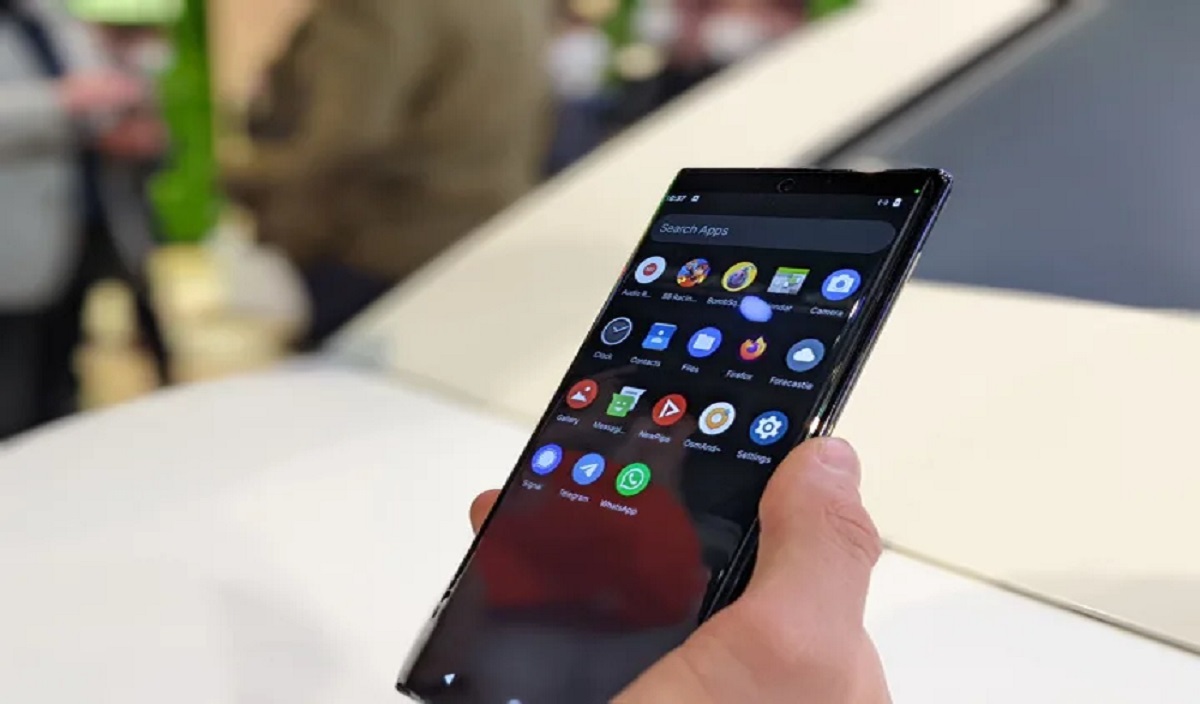
Canonical recently announced the presentation of a new project, whose main objective is "to create a cloud-based smartphone", in order to carry out this project it will carry out the development jointly with the mobile operator Vodafone.
It is mentioned in the ad that the project is based on the use of the Anbox Cloud service, who allows you to run applications and play games jGames created for the Android platform without being tied to a specific system.
In the question of applications, it is mentioned that they are intended to run in isolated containers on external servers using the open environment of Anbox.
Vodafone chose to work with Canonical for their expertise in Android virtualization: the ability to replicate and store millions of apps in the cloud with their product Anbox Cloud .
With which as a result of the execution, it is expected to be transmitted to the client system, in addition to which events from input devices, as well as information from the camera, GPS and various sensors are transmitted to the server with minimal delays.
The Cloud Smartphone prototype will be on display at the Vodafone stand at MWC 2022 in Barcelona, demonstrating the concept of a smartphone that runs entirely in the cloud and leaves basic functionality to the device held by the user. Using Canonical's Anbox Cloud, Vodafone is able to test a software stack that enables it to implement running the Android operating system in the cloud by moving all processing to a virtual machine.
Because of this, the device of choice will only need to use basic video decoding capabilities, allowing simple objects to take over smartphone tasks. Integration with features left on the physical device, such as camera, location, or available sensors, gives the user an environment that shows no difference from what they are used to having.
In this case, a smartphone in the cloud does not mean a specific device, but any user device where you can recreate a mobile environment at any time.
On the other hand, it is also mentioned that since the Android platform runs on an external server on which all computation is also done, the user's device only needs basic support for video decoding.
For example, smart TVs, computers, wearable devices, and laptops that can play videos, but whose performance and resources are not enough to realize a full Android environment, can be turned into a cloud smartphone. The first working prototype of the developed concept is scheduled to be demonstrated at the MWC 2022 exhibition, which will be held from February 28 to March 3 in Barcelona.
“Canonical is dedicated to enabling customers to drive new innovation and we are pleased to have collaborated with Vodafone on the cloud smartphone project,” said Simon Fels, Anbox Cloud Technical Lead at Canonical.
"With the right teamwork and technology, it's exciting to see what's possible with 5G today."
It is observed that with the help of the proposed technology, companies will be able to reduce their costs by organizing work with corporate mobile applications by reducing the cost of infrastructure maintenance and increasing flexibility through the organization of the release of applications as needed (on demand), in addition to increasing privacy because the data after working with corporate programs does not remain in the employee device.
Telecom operators can create virtualized services based on the platform for customers of its 4G, LTE and 5G networks. The project can also be used to create game services that make available games that have high demands on the graphics subsystem and memory.
Finally, if you are interested in knowing more about it, you can consult the details in the original press release at the following link.
All these innovations based on the Internet and «the cloud» are very interesting… for a part of the population. The rest of us will continue to be left out of that world. Like accessibility, the idea is not to prohibit if a person cannot access, but to offer alternatives to that person, so that they are not left out, something that I do not see in almost any of the new ideas of this type that arise periodically.
Meanwhile, what we continue to have episodically Internet, telephone signal or even electricity, we will see how new social barriers are formed (in addition to the existing ones, of course).